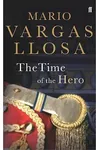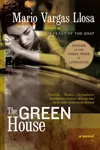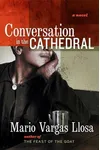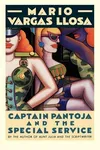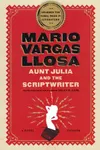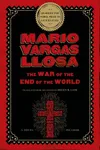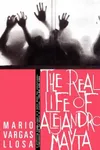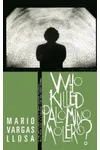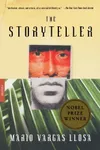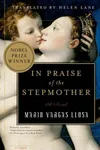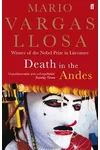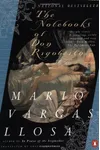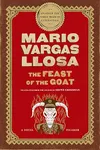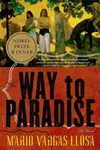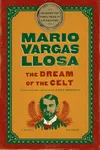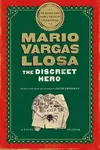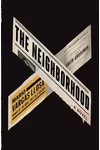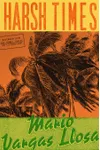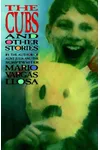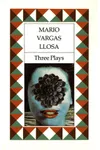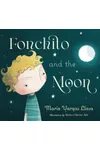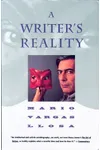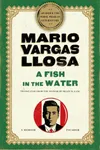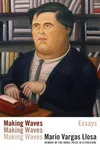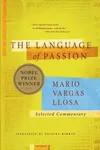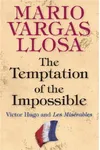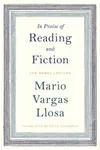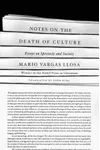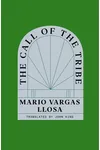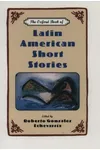Picture a Peruvian storyteller whose pen has spun tales of power, love, and revolution—meet Mario Vargas Llosa! Born in 1936, this Nobel Prize-winning author has captivated readers with his vivid novels, essays, and political thrillers. From the bustling streets of Lima to the global literary stage, Vargas Llosa’s work weaves Latin American life with universal truths, making him a giant in modern literature.
With a career spanning over six decades, Vargas Llosa’s stories explore the human condition through sharp wit and rich storytelling. Whether he’s diving into historical epics or unraveling societal tensions, his writing is a vibrant tapestry of Peru’s past and present. Ready to discover the man behind masterpieces like The Time of the Hero? Let’s dive in!
The Making of Mario Vargas Llosa
Born on March 28, 1936, in Arequipa, Peru, Mario Vargas Llosa grew up in a turbulent world. Raised partly in Bolivia after his parents’ separation, he returned to Peru as a teen, where his love for literature bloomed. Inspired by authors like Faulkner and Sartre, he began writing as a journalist before publishing his first novel, The Time of the Hero, at 26. This bold debut, drawn from his military school experiences, marked him as a fearless voice in Latin America’s literary boom.
Mario Vargas Llosa’s Unforgettable Stories
Vargas Llosa’s novels are a masterclass in storytelling, blending gritty realism with intricate narratives. His breakthrough, The Time of the Hero (1963), exposes corruption in a Peruvian military academy, showcasing his knack for social critique. The Feast of the Goat (2000) dives into the brutal dictatorship of Rafael Trujillo, weaving history with chilling drama. Meanwhile, Conversation in the Cathedral (1969) explores political decay through a single, sprawling conversation, highlighting his experimental style.
His writing is versatile, moving from historical sagas to playful romances like Aunt Julia and the Scriptwriter (1977), a semi-autobiographical tale of love and radio serials. Vargas Llosa’s themes—power, identity, and freedom—resonate across cultures, often reflecting Latin America’s complex social fabric. His lyrical yet accessible prose invites readers into worlds both familiar and profound, earning him the 2010 Nobel Prize for Literature.
Why Mario Vargas Llosa Matters
Mario Vargas Llosa’s impact stretches beyond bookshelves. As a key figure in the Latin American Boom, he helped globalize the region’s literature alongside Gabriel García Márquez and Julio Cortázar. His fearless exploration of political and social issues has inspired writers and activists alike. Beyond fiction, his essays and political involvement— including a 1990 presidential run in Peru—reflect his belief in literature’s power to shape society.
Today, Vargas Llosa remains a literary titan, his works translated into dozens of languages. His ability to capture the human spirit while confronting injustice ensures his stories endure, inviting new generations to grapple with the world’s complexities.
About Mario Vargas Llosa
- Born: March 28, 1936, Arequipa, Peru
- Key Works: The Time of the Hero, Conversation in the Cathedral, The Feast of the Goat, Aunt Julia and the Scriptwriter
- Awards: Nobel Prize in Literature (2010), Cervantes Prize (1994)
- Fun Fact: He ran for president of Peru in 1990, advocating for free-market reforms.
Snag The Feast of the Goat or Aunt Julia and the Scriptwriter and dive into Vargas Llosa’s thrilling, thought-provoking world! His stories are a ticket to Peru’s heart and humanity’s soul.
